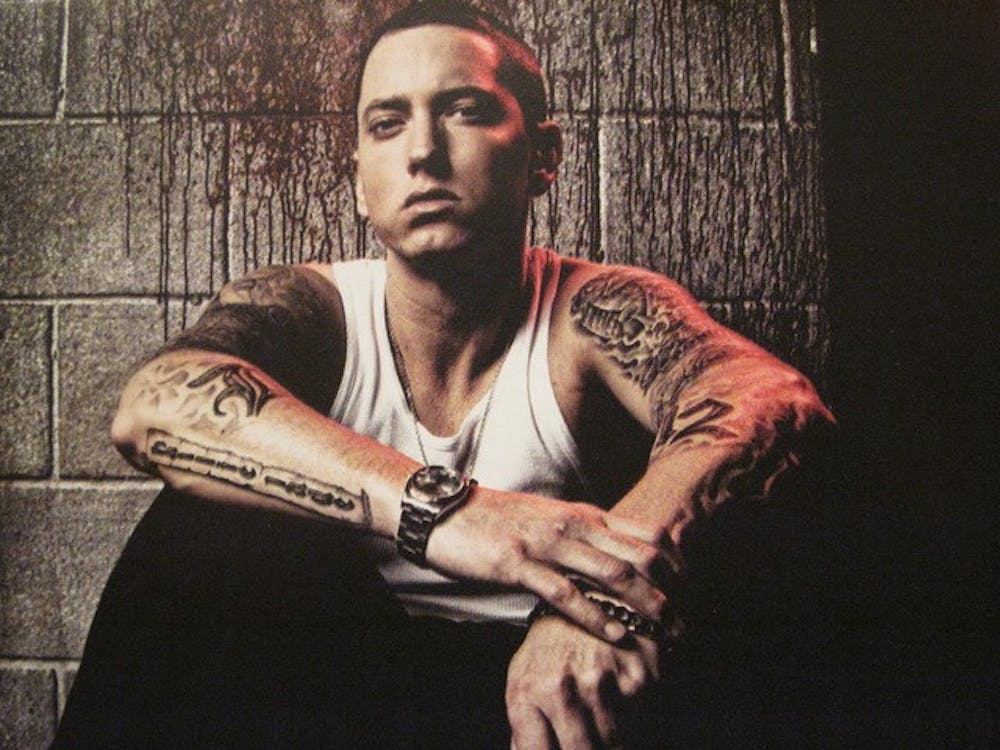“I would be the first person that would tell a joke about gay Americans and, uh, the word fag rolled off my tongue very easily.”
Those are the words of Albany County, Wyoming, Sheriff Dave O’Malley, who led the investigation of the murder of 21-year-old Matthew Shepherd in October 1998; Shepherd was killed by two male peers because he was gay. During the investigation of the barbaric slaying in rural Wyoming, which left Shepherd’s corpse with a crushed brain stem and a fractured skull, O’Malley declared he “very quickly started to lose [his] ignorance.”
Last month marked the 20th anniversary of the young man’s death. The anniversary and Sheriff O’Malley’s admission of past homophobia reminded me of the normalization of hatred and identity-based dehumanization in everyday American life.
It takes cold-blooded, brain-stem-crushing, medieval slaughters of 21-year-old gay boys for Sheriff O’Malley, and countless others, to stop tossing around the word “fag.” Tragically, for many others, not even atrocities like Shepherd’s murder will soften their hatred.
The anniversary of Shepherd’s death, as well as the recent surge in white-supremacist violence throughout the U.S., compelled me to reevaluate our desensitization to not only what we say, but also to what we hear. If spewing an LGBTQ — or racial, or gendered, or classed, or religious — slur is a statement of hatred that can justify physical violence, which it surely is, then casually and comfortably listening to such language — in conversation, in music, in movies — fosters a direct complicity in and acceptance of this verbal assault.
Enter the mega-successful rapper Eminem, an artist who I, as well as many of my peers, have grown up listening to. Many of us — especially the rapper’s target audience, suburban white teenage boys — have listened to Eminem without thinking much of the sociopolitical implications of his lyrics; such blindness is regrettable. Although Eminem is a remarkable artist, his music is intensely misogynistic and homophobic, exuding a paranoid, desperate masculinity that feels as if it is always on the brink of emasculation.
Eminem’s The Marshall Mathers LP (2000), his most critically acclaimed album, is obsessed with the sustainability of masculine dominance. The album plays like an uber-NC-17 horror movie you watch by yourself at three in the morning in a dark, creaky basement, in the middle of nowhere. In this work of horror, Eminem indulges in the nihilistic depravity of psychopathic barbarity with apparent ecstasy. Rather than senseless and gratuitous violence, however, all of this brutality is purposed toward masculine self-assurance — that is, finding some level of certainty that furious white men like Eminem can still assert social dominance.
Consequently, nearly all of the violence on The Marshall Mathers LP targets women and LGBTQ people.
On the album’s most harrowing track, “Kim,” Eminem describes how, exactly, he would murder his wife (now his ex-wife), who also happens to be the mother of his child.
On “Kill You,” he discusses murdering and raping his mother.
On “Criminal,” Eminem threatens to kill gay men and lesbians who get in his way.
On “Who Knew,” he instructs his audience to “take drugs, rape sluts,” and claims to physically abuse his wife on a nightly basis.

On “Marshall Mathers,” Eminem exposes the sexual orientation of his mother’s lawyer to the world, perhaps erroneously, by calling him a homophobic slur. He claims the lawyer is not a fan of his because the rapper refuses to have sex with him.
And on “The Real Slim Shady,” he compares two men getting married to bestiality and assures his audience that he’s “got the antidote” to homosexuality.
These lyrics are repugnant on their own, but their apparent lack of irony makes them all the more frightening. Despite the fantastical nature of his lyrics, the genuine foundation of hypermasculinity undergirding them presents Eminem as someone who is actually documenting his real-life actions and beliefs.
Eminem’s vicious attacks on gay people and women convey the rapper’s desperate assertion of absolute, normative hetero-masculinity. Likewise, when Eminem claims he has “the antidote” to protect himself from same-sex attraction or promises to kill sexual minorities, he is clarifying that his heterosexuality necessarily overpowers LGBTQ bodies.
As disturbing as his lyrics are, they are also quite sad. One of the most meaningful parts of the album is when Eminem communicates that men like him — who showcase themselves as misogynists and homophobes — are actually in pain. The man Eminem embodies on the album (“Slim Shady,” the rapper’s alter ego) is a lost, troubled, and tragic boy living in a world that demands him to be decidedly hypermasculine. By abusing women, gay people, and those with the potential to emasculate him, Eminem wards off the threat of having his identity exposed as a disguise masking feminized vulnerability.
Eminem’s music is revelatory because it so transparently expresses the fragility of a hypermasculine identity and its ability to motivate sadistic assault — physical, emotional, and psychological — against those whose humanity challenges male hegemony. And appreciating his music for such reasons or for the purpose of artistic integrity — it is difficult to find a more incisive, clever lyricist than Eminem — is no crime; from a purely musical perspective, Eminem’s talent and impact are undeniable. But at the same time, Eminem’s audience, myself included, must recognize the damage, hurt, and trauma the rapper’s words have inflicted upon other human beings, including his former wife, his mother, his daughter — and even his listeners.
On “Criminal,” right before he boasts about killing gay people, Eminem provides a note of ironic self-reflection, recognizing that his “words are like a dagger with a jagged edge.”
I couldn’t agree more.









